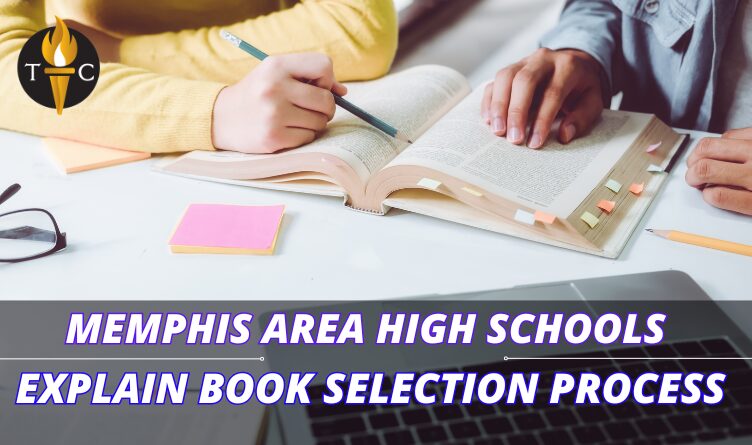Some Memphis Area High School Administrators Say That Adherence To State Guidelines Regarding Book Selection Has Kept Them From Having To Deal With Controversy That Some Other Tennessee School Districts Have Faced.
Image Credit: Canva
The Tennessee Conservative Staff –
While books have always been a source of conversation, the last few years have brought about an increased focus on the books that are assigned for students to read in Tennessee classrooms.
Recently adopted laws have required schools to publish lists of assigned readings as well as adopt policies that allow parents to contest book selections that are found in school libraries and classrooms.

The Commercial Appeal polled schools in their area, including public school districts, private schools, and charter schools to find out what books are on their current high-school reading lists and how those books are selected.
According to Memphis-Shelby County Schools executive director of reading and curriculum instruction Amy Maples, the system focuses on “equity and engagement” while also seeking to follow the “guidelines” created by the state.
Maples noted that teachers are allowed to teach books that are outside of their adopted curriculum, but those books must be approved by the school’s book and material selection committee. Parents are also able to submit complaints or concerns about reading material.
That adherence to state guidelines is what MSCS administrators believe has kept them from having to deal with the controversy over reading that some other districts have faced.

The Lakeland School System also uses texts from the state-approved curriculum list but also allows teachers to have additional novels approved by a committee, a team of administrators, and the school board.
They have added a number of books that are considered to be more “high-interest” than some traditional novels in an effort to motivate kids to be more excited about reading.
Crosstown High School, a Memphis charter school, describes their reading curriculum with the words “rigor, diversity, and choice.” While teachers do follow state standards, they are given more freedom to choose the books they assign.
English department chair Lauren Mueller says they want students to read challenging books but also want them to read texts that are “windows and mirrors.”
“We want every student to have a text that they can see themselves in, like the idea of a mirror…You can find yourself in it somewhere, or [find] something that’s culturally similar to you,” Mueller says.

Memphis area private schools follow slightly different routes when making book selections, with St. Mary’s Episcopal School stating that the school had a “very, very, very traditional curriculum for a long time” although they have begun to add more diverse titles while still shying away from controversial topics. Briarcrest Christian School takes a similar approach, using a biblical worldview to select their reading materials.
“We have a biblical basis for the study of literature,” said Clayton Williams, who serves a Briarcrest’s curriculum coordinator.
One thing all of the respondents agreed on was the importance of transparency with parents when it comes to what their children are reading.
Lakeland instructional supervisor Kerri Eldridge said, “I honestly believe that, because we have so much transparency, with what titles that we’re looking at, and because our teachers are so intentional about the reason they’re choosing these titles, I don’t see there’s been a whole lot of backlash.”
Williams said the same about Briarcrest, “We unapologetically communicate what we’re doing to parents. We’re not hiding anything.”
The full submitted reading lists from each respondent can be found here.



